Was Sibelius a secret Nazi sympathiser?
mainA debate has erupted in the Hensingin Sanomat between two Sibelius biographers, war historian Martti Turtola who has a new book ‘Rakastan Sibeliusta’ (I love Sibelius) and Vesa Siren, whose Sibelius biography will appear in a couple of months.
Turtola argues that the relationship between Finns and Nazis has been adequately researched and should be laid to rest. Vesa Siren and Professor Veijo Murtomäki take a different view.
Vesa says hundreds of prominent artists (and officers and businessmen and scientists) in the Nordic countries and Finland praised Hitler and the Nazi regime at one time or another. Much has been written about them, but not enough.
What about Sibelius? Vesa says it is quite true that the Sibelius family hated everything ”communist” and ”red” after the Red Guards raided Ainola during the civil war in 1918 and the Sibelius family feared for their lives.
Vesa adds: ‘With this background, some of his family and inner circle thought the new Führer might be good for Germany, putting ”people to work and banning communists”, as some of the Finnish press wrote. But Sibelius himself was suspicious from the start. (His last visit abroad was in 1931 so the Germany he really knew was the Germany from his student days from 1889 to the Weimar Republic.)
‘He received some medals from Nazi Germany as he did from all over the world. Still, he wrote some critical remarks of ”Rassenbestimmungen” (Race Laws) and antisemitism in his diary. ”These childish Rassenbestimmungen, which are the most complete hogwash!” he wrote. He also condemned the Nazis for eradicating Mendelssohn (during a private conversation with conductor Jussi Jalas, his son in law. I found a note from Jalas about this conversation from January 8, 1942).
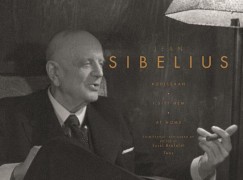
‘The old man with shaky hands and cataract in his eyes also had to fight the German copyright company (Stagma) about his pension (from the Weimar Republic) and his copyright income. I have read this correspondence from the archives. They signed their letter with Heils. but Sibelius always used the remote ”Mit vorzüglicher Hochachtung.”
‘Born in 1865, we can assume that he could have done more. The Finnish writer F. E. Sillanpää (b. 1888) did, for example. Sillanpää wrote extremely critical ”Christmas letter for dictators” in 1938 and got the Nobel Prize in 1939.
‘During the same years Sibelius met some Nazis in Ainola as he met Stalin’s bureaucrats and Soviet artists (Kabalevsky, Mravinsky, Gilels) after 1944. It is quite true that if Finnish government asked him to meet important persons in different situations from different countries claiming that it might be ”good for Finland”, it was hard for this old man to refuse. (Of course, there were also many visitors that he really liked, from Cecil Gray and Marian Anderson to Jussi Björling, Eugen Ormandy and Isaac Stern).
‘The old man from Järvenpää should not be cleared from all responsibility. But while hundreds of prominent cultural persons in Nordic Countries actually praised Hitler, Sibelius never was never one of them.
‘This is a very complicated discussion and I will devote dozens of pages for it in my next book on Sibelius, published in Finnish this autumn. Lot of new information coming up.’
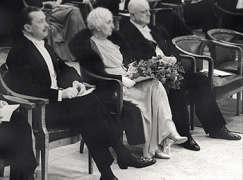
Mr & Mrs Sibelius with the Finnish ruler, General Mannerheim

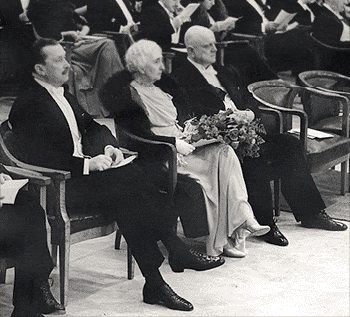
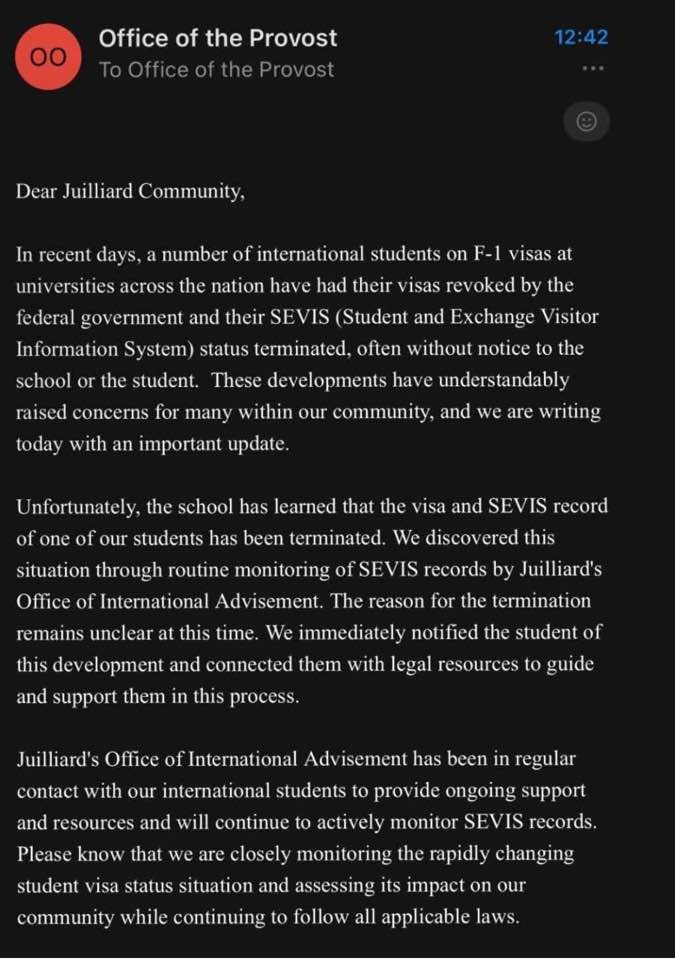


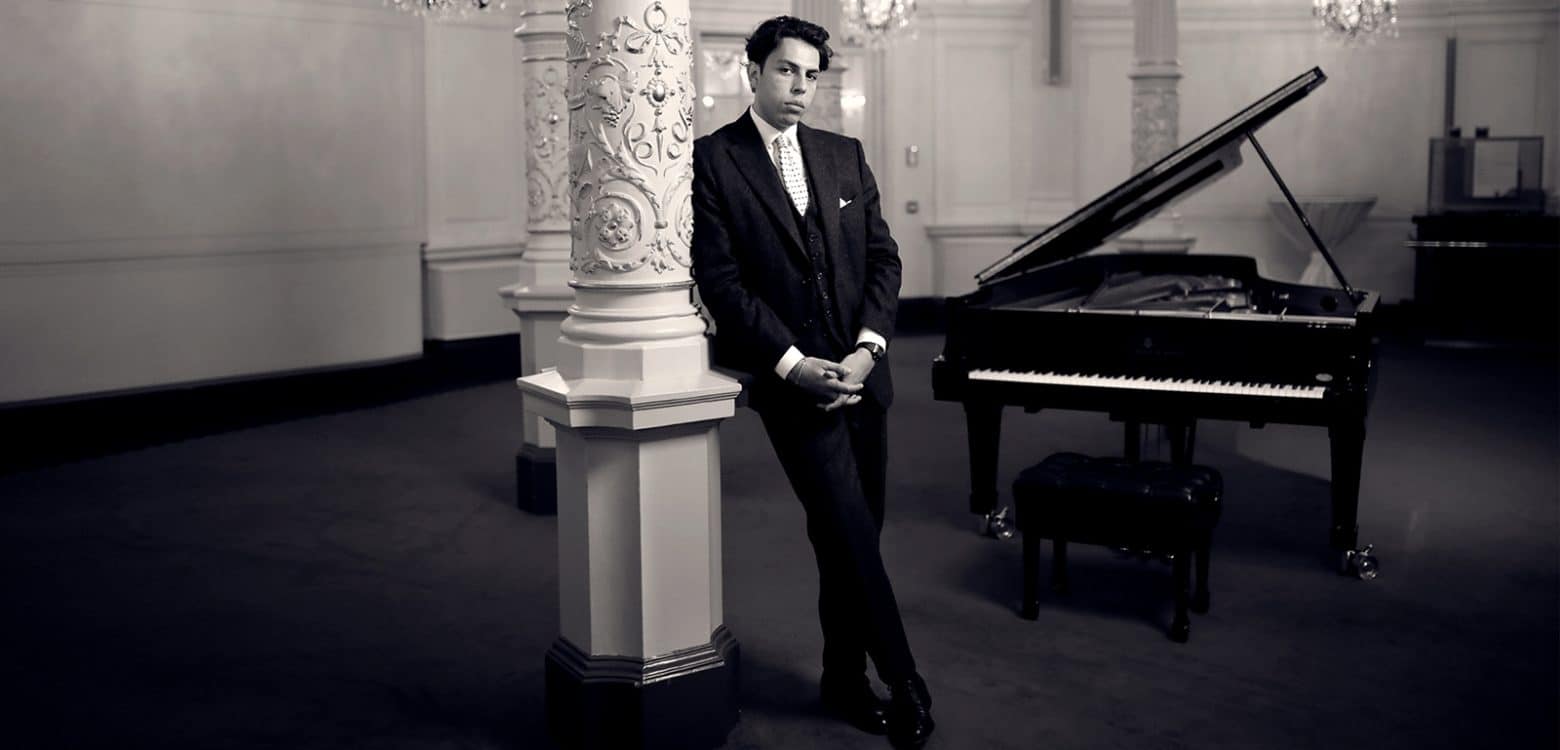
Comments